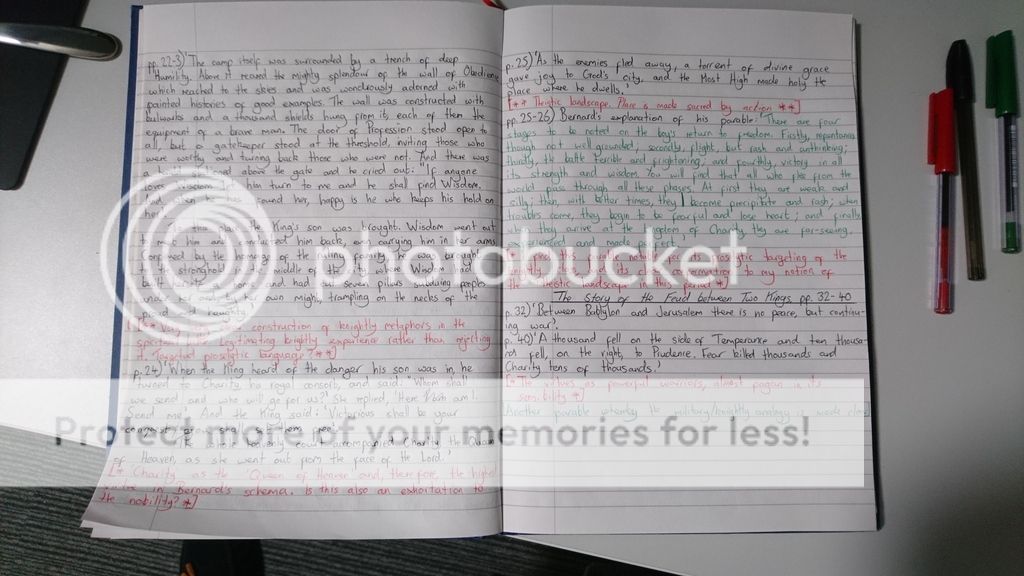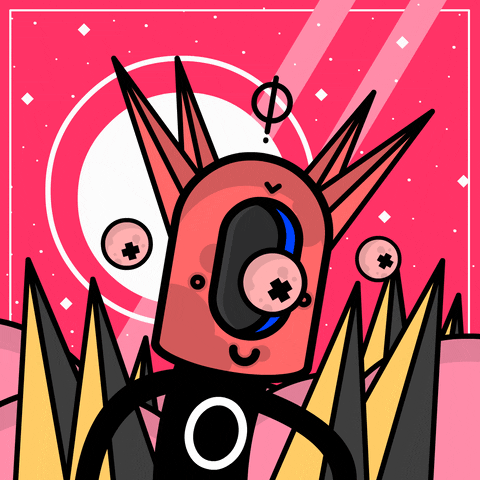Rowan Tree
Community Member
It would be interesting to hear other types hereabouts (ENTJs, INTPs, ENTPs—you know who you are?) describe how they develop their cognitive functions too. I am interested in what activities you engage in to develop the four functions.
To illustrate:
Ni ~ Introverted Intuition: This probably requires the least active development for INFJs, as our dominant function. But for that reason, we perhaps just fall into Ni orientated activities. I would include a lot of my writing (often abstract, even metaphysical), talking through systems of ideas with select people, developing them as I go, and just pacing, often between bouts of intense reading, letting new connections and juxtapositions 'appear' in my mind.

Fe ~ Extroverted Feeling: This makes me think of socializing with small groups, enjoying intense conversations about aesthetics, ethics, politics, history. Although it's exhausting and sometimes stressful, I love canvassing for Labour during elections and the personal, value-based dialogue this gives rise to when you're lucky enough to speak to someone skeptical, but willing to engage in good faith. Then there are long discussions with my wife and closest friends. Playing tabletop miniature (and other board and card based) games as well, particularly if the game has a narrative dimension (anyone else plays Shadespire?) is comfortably Fe.
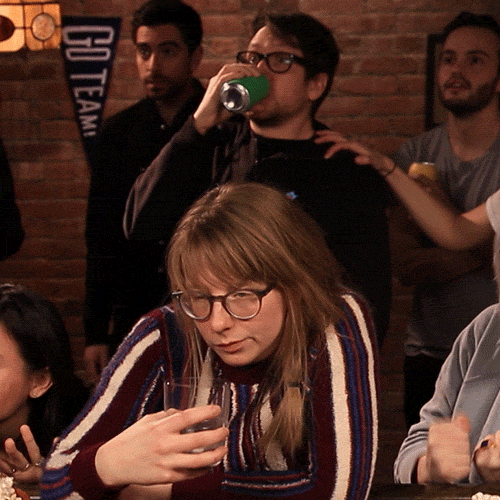
Ti ~ Introverted Thinking: Sorting through thoughts, developing them from first principles, again putting them to paper. I'm often disappointed using Ti, as I cannot always capture what makes an Ni connection interesting—anyone else have a love-hate relationship with language? It always promises so much, which really only poetry comes close to delivering. I guess doing things like this comment thread, journalling, an overwhelming predilection for lists are examples of Ti. On lists, I use a whiteboard list for daily activities, a notepad for more specific tasks and a review document in Scrivener for books I read, each entry numbered and dated. Who else is big on lists?
Se ~ Extroverted Sensing: Lately, meditating half an hour a day helps deal with problems around an inferior sensing function—e.g. sensory overload (also a symptom of being on the spectrum), general and social anxiety, lack of focus, etc. Playing the violin, exercise, going to places like Kew Gardens would be other Se activities I try to prioritise; even though I'd more comfortably spend all day every day reading and writing.
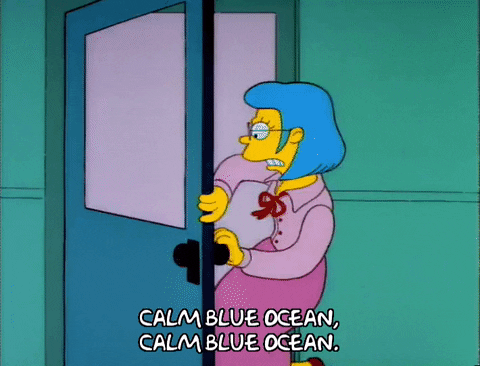
To illustrate:
Ni ~ Introverted Intuition: This probably requires the least active development for INFJs, as our dominant function. But for that reason, we perhaps just fall into Ni orientated activities. I would include a lot of my writing (often abstract, even metaphysical), talking through systems of ideas with select people, developing them as I go, and just pacing, often between bouts of intense reading, letting new connections and juxtapositions 'appear' in my mind.

Fe ~ Extroverted Feeling: This makes me think of socializing with small groups, enjoying intense conversations about aesthetics, ethics, politics, history. Although it's exhausting and sometimes stressful, I love canvassing for Labour during elections and the personal, value-based dialogue this gives rise to when you're lucky enough to speak to someone skeptical, but willing to engage in good faith. Then there are long discussions with my wife and closest friends. Playing tabletop miniature (and other board and card based) games as well, particularly if the game has a narrative dimension (anyone else plays Shadespire?) is comfortably Fe.

Ti ~ Introverted Thinking: Sorting through thoughts, developing them from first principles, again putting them to paper. I'm often disappointed using Ti, as I cannot always capture what makes an Ni connection interesting—anyone else have a love-hate relationship with language? It always promises so much, which really only poetry comes close to delivering. I guess doing things like this comment thread, journalling, an overwhelming predilection for lists are examples of Ti. On lists, I use a whiteboard list for daily activities, a notepad for more specific tasks and a review document in Scrivener for books I read, each entry numbered and dated. Who else is big on lists?

Se ~ Extroverted Sensing: Lately, meditating half an hour a day helps deal with problems around an inferior sensing function—e.g. sensory overload (also a symptom of being on the spectrum), general and social anxiety, lack of focus, etc. Playing the violin, exercise, going to places like Kew Gardens would be other Se activities I try to prioritise; even though I'd more comfortably spend all day every day reading and writing.

Last edited:


